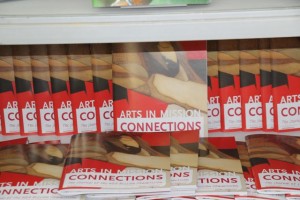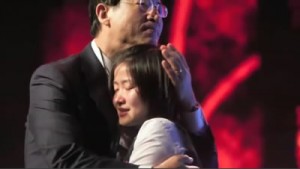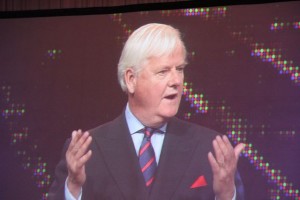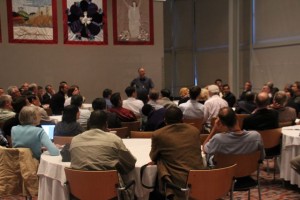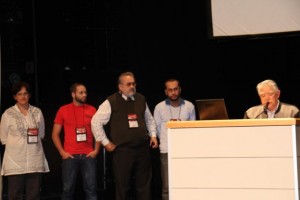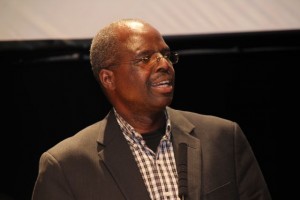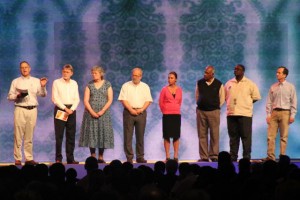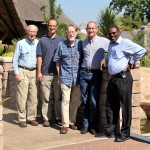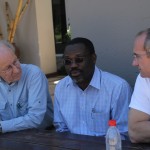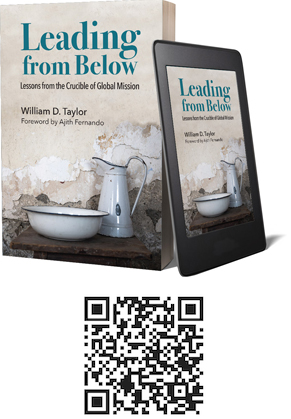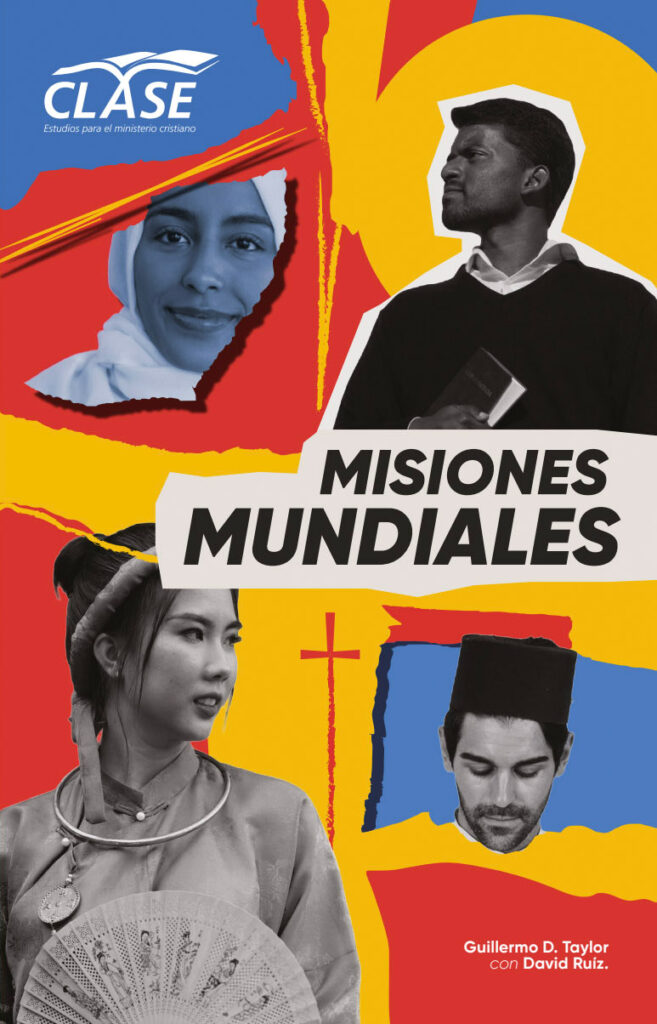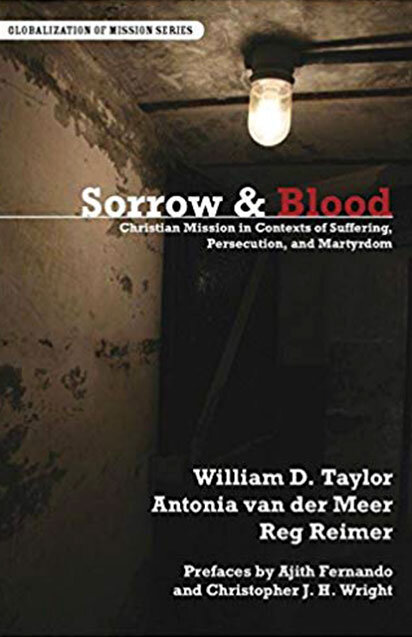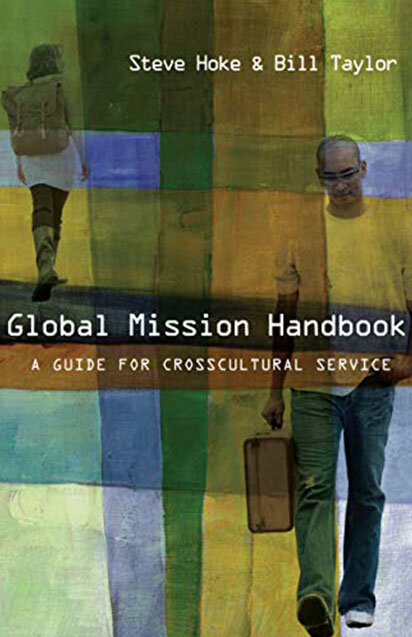Lausanne III Reflections, Part Two
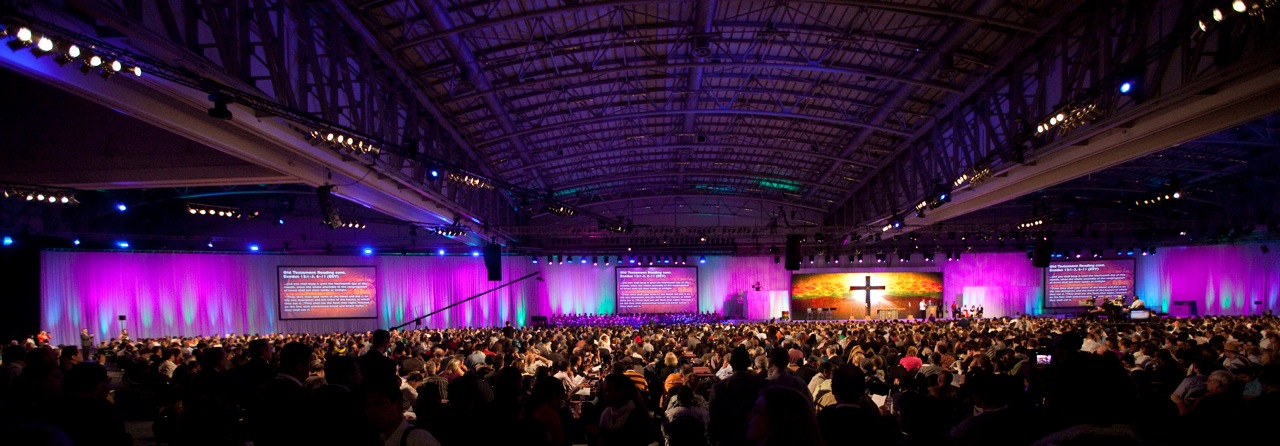
December 4, 2010 Welcome to Part Two of the Lausanne III Cape Town 2010 Cascading Reflections As I have mulled over what I wrote earlier, I am pleased to know that I still agree with myself!! This may sound rather odd, or funny, but the fact is that as I write and ponder what I have written, it stimulates me to re-think my earlier thoughts. So far I am on rather safe ground. And I have also been reading other reflections and blogs from other friends and colleagues. They run the gamut from “Totally marvelous, fantastically organized and executed with nary a flaw” to “Well, fasten your seat belt for this scathing review”. Others work the middle ground, “Simple speaking I say that it was a huge, well organized and successfull event. But it wasn’t either a kairos event nor an agenda setting event”. Hmmmmmmmmmmmmmm.
And Christianity Today has two rather good articles on Lausanne III, with reference to other commentaries on the congress. http://www.christianitytoday.com/ct/2010/december/6.34.html
Lausanne recently posted the narrative of Sung Kyung Ju, the young North Korean student girl and you will not want to miss it. This could be the iconic memory of Cape Town. http://conversation.lausanne.org/en/conversations/detail/11671 Assuming you have reviewed Part One, or still remember its core, I continue with more of the stream of consciousness impressions. I start with the word, “however” (this term requires background, so you might want to review Part One), I wonder (some times I move back and forth in my mind) as to whether some Lausanne leaders might have assumed the following:
- Greater unity than is on-the-ground reality on some of the issues, whether on eternal destiny or creation theology and keeping, or the handling of the less-reached peoples, or John Piper’s handling of Ephesians 3, or Ruth Padilla DeBorst’s study of Ephesians 2, or other program emphases.
- Greater commitment to Lausanne than would be reality. I suspect that most participants came because they were convened by Lausanne and their power to do so, but would not feel that loyalty in other tangible, future ways.
- Greater harmony of take-homes. These depended on who the person was: from a first-time huge event participant to the jaded ones (were any of these there? Hmmm), to the thoughtful pastor, to the mission leader or network facilitator, and so it goes.
- Greater commitment to the future of the Lausanne movement–which obviously is going to continue, regardless. This was subtly announced the opening night in Doug Birdsall’s plenary. It remains an open issue as to whether it will partner, or even be “in collaboration” with other entities, e.g. WEA and others. I anticipate Lausanne will launch a totally new set of initiatives, and may invite some kind of “collaboration” or “partnership”. The question of agenda, funding, process and outcomes control, however, is the key.
- Greater commitment to continue the Lausanne sub-structures than would be desired at the grass roots. Yet no global structure (whether WEA, Lausanne or another one) can fully represent the full Evangelical set of tribes. None can!
I personally:
- Was grateful for the privilege of being there as one who was also at Lausanne and Manila. My perspective is rather historical and related to my own mission journey, and as I have stated before, my own missiological journey has been shaped by these three markers.
- Was thankful to God to share those long days with so many Mission Commission Associates, and the times we gathered for a meal were rich. Bertil Ekstrom, head of the MC, did a great job of convening and presiding over the two MC gatherings. Willie Crew and his pastors in mission team lunched with over 65 pastors with a heart for world mission. The Arts in Mission focus took some great steps forward, under the leadership of John Franklin.
- Thanked God for the opportunity to serve in some of the smaller breakout sessions: with Bertil in global missiology, with John Franklin in two arts in mission groups, with Rob Martin and the Lausanne Standards.
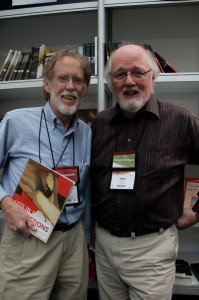
With Canadian John Franklin, special editor of this issue of Connections and Lausanne voice for arts
- Was grateful that the MC printed 1000 copies of the special, “Arts in Mission” issue of Connections in South Africa for the congress. We regret that only 100 were sold in the bookstore, but thankful we were able to bless all 600 African participants with a complimentary copy.
- Was deeply moved by the Brazilian delegation that met with the Africans the last Sunday afternoon, formally apologizing for the Brazilian role in the slave trade. That encounter is forever engraved in my heart and mind: to see and hear the Brazilians and Africans break down in tears and embraces………..and then that stunning African call-response singing that spontaneously broke out from my sisters and brothers.
- Sensed that God gave me many divine encounters with people. And I saw at a distance a few that I was glad I did not have to spend time with!
Yet, I confess that I…..
- Was deeply disturbed by the morning plenary treatment of the “unengaged peoples”. One of my most respected women colleagues called it “a disaster”. Why wasn’t the plenarist from the Global South? Clearly there are tested, experienced, mature and articulate women and men from Africa, Asia and Latin America who can handle this critical theme with conviction and deep experience. But that plenary came across as very American, hard-driving boomer, committed to a certain understanding of certain numbers and uncertain research, control and closure, with limited capacity to listen to other voices. The research was not only inadequate but in error, and the session concluded with a lamentable “call to adoption and action”. It was a classic example of missiological reductionism. The saving grace was that the following day in the major afternoon session on the themes correctives were applied and the real picture somewhat balanced, but regrettably for some, it was simply too late. Surely this was not Lausanne’s best morning.
A piece of behind the scenes background is helpful. The fact is that the MC had been asked by the top Lausanne leadership (I was there in that discussion) to handle this entire theme in late 2008. Bertil Ekstrom and his team worked for a year on the project. And then he and the others on the MC leadership team abruptly informed (in Bogota, Colombia, November 2009) that someone else would be in charge. Never was Bertil even informed of this switch. Many thoughtful participants wonder what the Lausanne leadership thought after that morning plenary?
- Was profoundly disappointed with the presentation of Latin America as a region, especially the videos. On the Latin American issue, later in the week the Lausanne leaders publicly apologized for the shoddy and confusing videos. I felt the same regarding the portrayal of both reality and needs of the Global North. It’s as is Europe and North America did not exist, though there was a minor nod to the region at the end.
- Rejoiced in the high profiled presence of the Global South Anglican voices, and it’s good to know that I am part of that fellowship as an Anglican here in Austin in my congregation, Christ Church Anglican.
- Was left wondering if this will be the last global “jamboree” (as Patrick Johnston has called these events) controlled by the Global North (primarily the boomer generation?) and funds. And will Global South leadership move into the gap, assuming two things: Will a gap, in truth, open up? Would they want to convene such a gathering? And who controlled the Congress?
Tim Stafford in the Christianity Today article writes, http://www.christianitytoday.com/ct/2010/december/6.34.html?start=2 I asked Femi Adeleye, a Ghanaian plenary speaker, if the planning process had been representative of the global participation. “‘No’ would be my honest answer,” he said. “Planning has been mostly Western. They sent us the plan, but the template was already established. We could only influence the margins.” Ruth Padilla DeBorst, a Latin American who gave one of the morning Bible expositions, felt similarly. “This was their program, and we attended. It should be ours, if this is the global church. Technology became the driving force.”
- Was glad that many of the MC team and other colleagues stayed in a 3-star (at best) hotel, a former prison—with appropriately small rooms, but totally adequate. I was delighted to room with Matt Fries again.
Then the long-awaited trip home. We flew from Cape Town to Johannesburg late, but got to the Delta desk with time to spare. But then two very petty Delta clerks in JoBerg pronounced 18 of us “late” (one minute) for the flight to Atlanta and denied us boarding passes. All but 5 found other ways to fly out that night (they had cell phones to call travel agents and Delta in the USA). The remaining five of us were finally booked into a hotel and able to fly out 24 hours later. Yet the Spirit of God turned the negative into a gift, for it allowed us to form a special “The Delta Bumped Fellowship of Five”: Dr. Dudley Woodberry (foremost Evangelical Islamics scholar, and father of a co-parishioner of our Austin church, Dr. Bob Woodberry, UT sociology professor), Matt Fries, Dr. Joshua Bogunjoko (Nigerian MD, SIM associate international director), David Chronic (13 years serving in Rumania with street kids) and me.
Over the course of our waking hours and four meals together, we each told our extended stories, laughed, documented our times, prayed for each other, had a final and strong espresso at the JoBerg airport, and 19 hours later embraced our farewell in Atlanta. What a time we had. At the end of the day, I was glad to rest for a day since I had gotten very sick just as Lausanne ended. Ah, seven decades of globalized parasites living in digestive symbiosis!! As I draw close to this second series of reflections, I am very aware that my perspective is just mine and I am still in process of evaluating Lausanne. I am keen to listen to the voices that shape my life, especially the insights of my close, global colleagues, whose perspective helps me mature, grow, conclude. But at least you have some more initial ruminations that come from my own experience, heart and mind.
The end of Part Two, Lausanne III Reflections, with the final installment coming soon.


